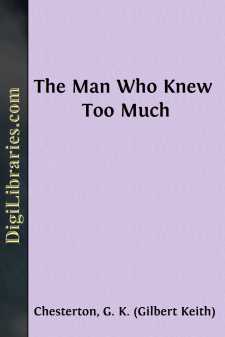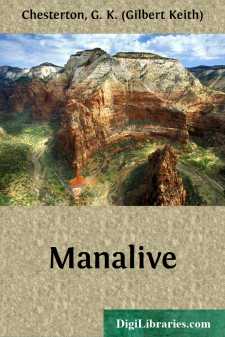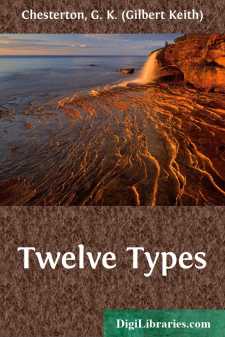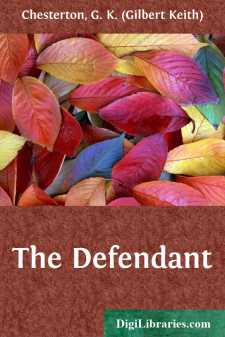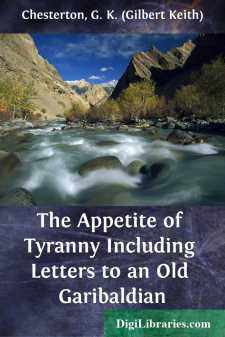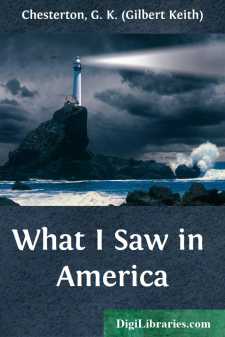Categories
- Antiques & Collectibles 13
- Architecture 36
- Art 48
- Bibles 22
- Biography & Autobiography 813
- Body, Mind & Spirit 142
- Business & Economics 28
- Children's Books 17
- Children's Fiction 14
- Computers 4
- Cooking 94
- Crafts & Hobbies 4
- Drama 346
- Education 46
- Family & Relationships 57
- Fiction 11829
- Games 19
- Gardening 17
- Health & Fitness 34
- History 1377
- House & Home 1
- Humor 147
- Juvenile Fiction 1873
- Juvenile Nonfiction 202
- Language Arts & Disciplines 88
- Law 16
- Literary Collections 686
- Literary Criticism 179
- Mathematics 13
- Medical 41
- Music 40
- Nature 179
- Non-Classifiable 1768
- Performing Arts 7
- Periodicals 1453
- Philosophy 64
- Photography 2
- Poetry 896
- Political Science 203
- Psychology 42
- Reference 154
- Religion 513
- Science 126
- Self-Help 84
- Social Science 81
- Sports & Recreation 34
- Study Aids 3
- Technology & Engineering 59
- Transportation 23
- Travel 463
- True Crime 29
The Man Who Knew Too Much
Categories:
Description:
Excerpt
THE MAN WHO KNEW TOO MUCH
I. THE FACE IN THE TARGET
Harold March, the rising reviewer and social critic, was walking vigorously across a great tableland of moors and commons, the horizon of which was fringed with the far-off woods of the famous estate of Torwood Park. He was a good-looking young man in tweeds, with very pale curly hair and pale clear eyes. Walking in wind and sun in the very landscape of liberty, he was still young enough to remember his politics and not merely try to forget them. For his errand at Torwood Park was a political one; it was the place of appointment named by no less a person than the Chancellor of the Exchequer, Sir Howard Horne, then introducing his so-called Socialist budget, and prepared to expound it in an interview with so promising a penman. Harold March was the sort of man who knows everything about politics, and nothing about politicians. He also knew a great deal about art, letters, philosophy, and general culture; about almost everything, indeed, except the world he was living in.
Abruptly, in the middle of those sunny and windy flats, he came upon a sort of cleft almost narrow enough to be called a crack in the land. It was just large enough to be the water-course for a small stream which vanished at intervals under green tunnels of undergrowth, as if in a dwarfish forest. Indeed, he had an odd feeling as if he were a giant looking over the valley of the pygmies. When he dropped into the hollow, however, the impression was lost; the rocky banks, though hardly above the height of a cottage, hung over and had the profile of a precipice. As he began to wander down the course of the stream, in idle but romantic curiosity, and saw the water shining in short strips between the great gray boulders and bushes as soft as great green mosses, he fell into quite an opposite vein of fantasy. It was rather as if the earth had opened and swallowed him into a sort of underworld of dreams. And when he became conscious of a human figure dark against the silver stream, sitting on a large boulder and looking rather like a large bird, it was perhaps with some of the premonitions proper to a man who meets the strangest friendship of his life.
The man was apparently fishing; or at least was fixed in a fisherman's attitude with more than a fisherman's immobility. March was able to examine the man almost as if he had been a statue for some minutes before the statue spoke. He was a tall, fair man, cadaverous, and a little lackadaisical, with heavy eyelids and a highbridged nose. When his face was shaded with his wide white hat, his light mustache and lithe figure gave him a look of youth. But the Panama lay on the moss beside him; and the spectator could see that his brow was prematurely bald; and this, combined with a certain hollowness about the eyes, had an air of headwork and even headache. But the most curious thing about him, realized after a short scrutiny, was that, though he looked like a fisherman, he was not fishing.
He was holding, instead of a rod, something that might have been a landing-net which some fishermen use, but which was much more like the ordinary toy net which children carry, and which they generally use indifferently for shrimps or butterflies....


